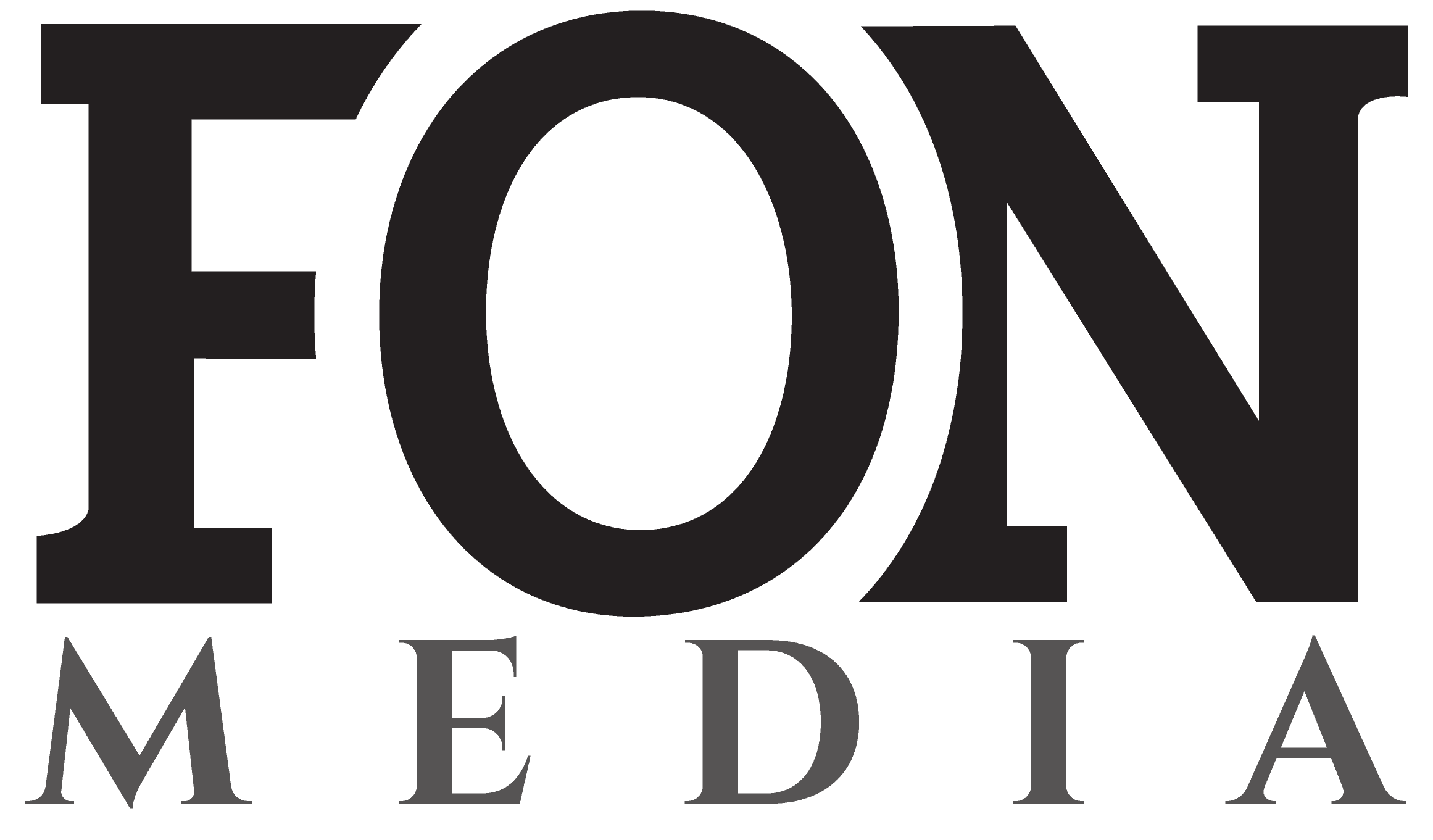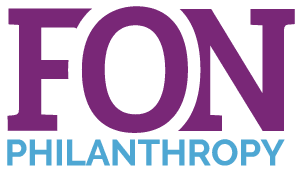Navigating the Educational Landscape for Next-Generation Success
The educational landscape of 2025 represents a paradigm shift in how wealth is transformed into knowledge capital. This comprehensive analysis, developed through extensive research and interviews with leading education specialists, family office advisors, and next-generation mentors, provides an authoritative roadmap for family offices navigating the rapidly evolving education sector. As traditional educational models merge with technological innovation and global mobility increases, family offices must adopt sophisticated strategies to ensure optimal educational outcomes for future generations.
The Transformed Educational Landscape
The convergence of artificial intelligence, global mobility, and post-pandemic learning adaptations has fundamentally reshaped education. Dr. Sarah Cheyne, Director of Educational Innovation at Stanford University, notes that “2025 marks the first year where hybrid learning has become the predominant model in higher education, not by necessity but by design.” This transformation extends beyond mere digital integration, representing a fundamental shift in how knowledge is acquired, validated, and applied.

Traditional universities have undergone significant evolution. Harvard’s Dean of Digital Learning, Dr. Marcus Thompson, reveals that “leading institutions now offer fully customized learning pathways, combining on-campus experiences with AI-driven personalized instruction.” This hybrid model allows students to leverage the best of both physical and digital learning environments while developing crucial social and networking skills.
Global Educational Trends and Regional Variations
The educational landscape shows marked regional variations that family offices must navigate carefully. In Asia, particularly in Singapore and South Korea, the integration of AI in education has reached unprecedented levels. The Singapore Education Development Board reports that 85% of higher education institutions now employ AI-driven personalized learning systems.
European education maintains its strong emphasis on traditional academic excellence while incorporating innovative approaches. The Swiss Education Group’s latest research indicates that European business schools have increased their focus on sustainable business practices and ethical leadership, with 73% of programs now including mandatory ESG components.
In the United States, the unbundling of traditional degrees continues to accelerate. The Massachusetts Institute of Technology’s latest education report indicates that 40% of students now pursue hybrid degree programs that combine traditional coursework with industry certifications and practical experience.
Next-Generation Educational Priorities
Research conducted by the Global Family Office Education Consortium reveals evolving priorities among next-generation family members. Traditional business degrees, while still valuable, are increasingly complemented by specialized knowledge in emerging fields. Dr. Jennifer Zhao, Head of Next-Gen Education at a prominent Asian family office, observes that “future leaders are seeking education that combines traditional business acumen with expertise in areas such as artificial intelligence, sustainability, and digital transformation.”
Implementation Strategies for Family Offices
Successful educational planning requires a sophisticated, multi-layered approach. The following framework, developed through consultation with leading family office education advisors, provides a comprehensive strategy for implementation:

Early Education Foundation
The formative years have become increasingly critical in developing future capabilities. Dr. Robert Johnson, Education Director at the European Family Office Association, emphasizes that “early education must now focus on developing adaptive thinking and digital literacy alongside traditional academic skills.” Leading family offices are establishing partnerships with premier early education providers and supplementing traditional schooling with customized programs in critical thinking and creativity.
Secondary Education Optimization
The high school years now serve as a crucial period for developing specialized interests and capabilities. Case studies from successful family offices reveal the importance of combining strong academic foundations with practical experience. The Weber Family Office in Germany, for instance, has developed a program where their next-generation members participate in guided internships across various industries during school breaks, providing real-world context to academic learning.
Higher Education Strategy
University selection and preparation have evolved beyond traditional metrics. James Anderson, Education Advisor to several prominent family offices, notes that “the most successful educational outcomes now come from carefully crafted combinations of institutional learning, practical experience, and specialized skills development.” Leading family offices are creating comprehensive higher education strategies that incorporate:
Global University Partnerships
The most sophisticated family offices have established relationships with leading global institutions. The Rising Sun Family Office in Japan has developed a network of partnerships with top universities across Asia, Europe, and North America, ensuring their next-generation members have access to optimal educational opportunities regardless of global circumstances.
Customized Learning Programs
Several family offices have pioneered the development of personalized education programs. The Robertson Family Office in Australia has created a hybrid learning model that combines traditional university education with specialized modules in family business management, technological innovation, and sustainable investing.
Digital Integration and Technology
The role of technology in education has evolved significantly. According to Microsoft’s Education Innovation Lab, artificial intelligence now plays a central role in personalizing learning experiences. Dr. Lisa Zhang, their Head of Educational AI, reports that “AI-driven learning platforms can now adapt in real-time to individual learning styles, providing unprecedented levels of personalization.”
Practical Case Studies
The Boyser Family Office in Spain provides an illuminating example of successful educational planning. Their comprehensive approach includes:
Early Stage Development:
Their next-generation program begins with carefully selected primary and secondary schools, supplemented by customized programs in critical thinking, creativity, and digital literacy. Regular assessments ensure educational objectives align with family values and future requirements.
University Strategy:
The family has established relationships with leading institutions globally, creating flexible pathways that combine traditional degrees with specialized knowledge in areas crucial to their family enterprise.
Post-Graduate Development:
Their program includes structured internships, mentoring relationships, and ongoing education in emerging fields relevant to their family business interests.
Seasonal Considerations and Planning Cycles
Educational planning follows natural cycles that family offices must consider. Jessica Thompson, Educational Planning Director at Global Family Office Services, notes that “the most successful educational strategies are developed with careful attention to both annual academic cycles and longer-term developmental stages.”
Forward-Looking Perspectives
As we look toward 2025 and beyond, several key trends emerge:
Artificial Intelligence Integration
AI will continue to revolutionize personalized learning, with sophisticated algorithms adapting educational content and delivery methods to individual learning styles and preferences.
Global Mobility
Educational programs will increasingly emphasize flexibility and global accessibility, with students seamlessly combining experiences across different countries and institutions.
Skill Integration
Traditional academic knowledge will be increasingly integrated with practical skills development, creating more rounded educational experiences.
Actionable Recommendations
Family offices should consider the following strategic initiatives:
Develop comprehensive educational planning frameworks that span from early childhood through continuing education.
Establish relationships with leading educational institutions globally, ensuring access to optimal opportunities.
Create customized learning programs that complement traditional education with family-specific requirements.
Invest in technological infrastructure to support sophisticated learning environments.
Conclusion
The educational landscape of 2025 presents both challenges and opportunities for family offices. Success requires careful planning, sophisticated implementation strategies, and continuous adaptation to evolving circumstances. Those family offices that develop comprehensive educational strategies, leveraging both traditional and innovative approaches, will be best positioned to ensure optimal outcomes for their next generation.
As Dr. William Patel, Chairman of the Global Family Office Education Forum, concludes, “The future of education lies not in choosing between traditional and innovative approaches, but in skillfully combining both to create optimal learning experiences.” Family offices that embrace this sophisticated approach to educational planning will be best positioned to ensure the success of future generations.






